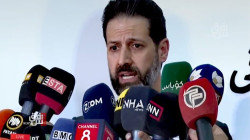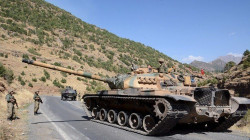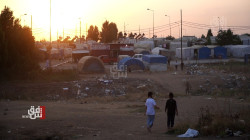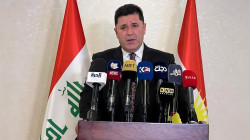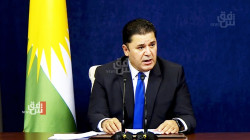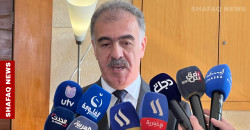Turkish Defense Minister vows security corridor; Iraq condemns incursion
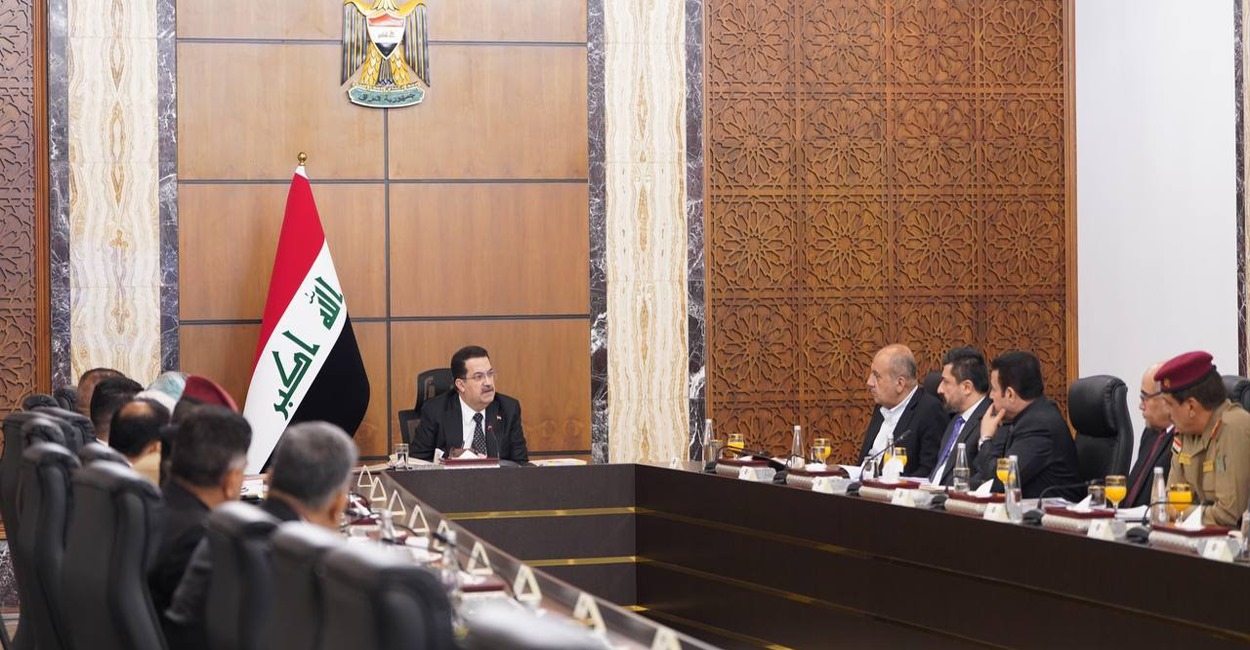
Shafaq News/ On Wednesday, Turkish Defense Minister Yasar Guler confirmed that his country is determined to establish a security corridor 30-40 kilometers deep along the borders with Iraq and Syria and cleanse the region of what he described as “terrorists.”
In a statement from the Turkish Ministry of Defense, Guler emphasized Turkiye's goal to “establish a fully independent defense industry through local and national production, enhancing the economy and contributing to Turkiye's independence.”
"The mentioned (war) technologies are different, starting with land, sea and air vehicles, drones, helicopters, weapons, smart munitions, missiles, air defense systems and electronic warfare," he added.
As for Iraq, the Iraqi National Security Ministerial Council condemned on Wednesday the Turkish army’s incursion into the Duhok Governorate, and sent a high-level delegation to the Kurdistan Region to formulate a unified position on Iraqi sovereignty.
The spokesperson for the Commander-in-Chief of the Armed Forces, Brigadier General Yahya Rasool said in a statement, “Prime Minister Mohammed Shia Al-Sudani, the Commander-in-Chief of the Armed Forces chaired a Ministerial Council for National Security meeting, where the issue of interventions and violations by Turkish forces in the border areas was discussed,” noting that "the Turkish military incursion and the violation of Iraqi lands were rejected”.
Moreover, the meeting emphasized “Turkiye's need to observe good neighborly principles, deal diplomatically with the Iraqi government, and coordinate on security issues,” calling on “all parties and national forces to support the government’s position,” reiterating “Iraq's constitutional and legal stance against attacks on its territory or the use of Iraqi soil as a base for attacks on neighboring countries.”
Earlier today, residents of the village of Koherzi closed the main road between Al-Amadiya district and the Deraluk sub-district in Duhok governorate, protesting against the Turkish artillery shelling that hit their village.
This escalation is linked to the Turkish military's expansion of its operations in the area over the past two weeks, citing the objective of combating PKK elements that have been active in the region for decades.
Areas in Al-Amadiyah and some areas of the Kurdistan Region are subjected to almost daily airstrikes, targeting PKK elements and leaders present there.
The Turkish Armed Forces have been conducting cross-border military operations against the PKK in Northern Iraq since the 1980s.
In July 2015, a two-and-a-half year-long ceasefire broke down, and the conflict between Ankara and militants of the PKK – recognized as a terrorist organization by Turkiye, the US, Russia, and the European Union – entered one of its deadliest chapters in nearly four decades.
Since that date, the conflict has progressed through several phases. Between roughly 2015 and 2017, the violence devastated communities in some urban centers of Turkiye's majority Kurdish southeast and – at times – struck into the heart of the country's largest metropolitan centers. From 2017 onward, the fighting moved into rural areas of Turkiye's southeast.
As the Turkish military pushed more militants out of Turkiye, by 2019, the conflict's concentration shifted to northern Iraq and northern Syria, where the Turkish army has established several military bases at strategic points in the Matin mountain range, citing the expulsion of Kurdistan Workers' Party militants as justification.
In a TV interview last February, the President of the Kurdistan Region, Nechirvan Barzani, was asked if Turkiye coordinates with Erbil when launching strikes against PKK in the region; Barzani explained, "The PKK is a severe headache for the Kurdistan Region and Iraq as well. They do not value the legitimacy of the Kurdistan Region's institutions and threaten Turkiye from our territories. While we completely reject the principle of turning the lands of the Kurdistan Region into a source of threat to our neighbors, whether this neighbor is Turkiye or Iran."
He rejected that PKK, as opponents of Tehran and Ankara, "make the Kurdistan Region a safe area to create problems for these countries. It is very unfortunate that the PKK plays a very negative role in this context and uses the mountainous areas of the Kurdistan Region and tries to create problems for Turkiye. This is absolutely unacceptable from our side."
On many occasions, Ankara urged the Iraqi government to label the PKK a "terrorist" organization. On the other hand, Baghdad frequently called for an end to the presence of Turkish military forces on its land, demanding that Turkiye stop its attacks and respect Iraq's sovereignty.
